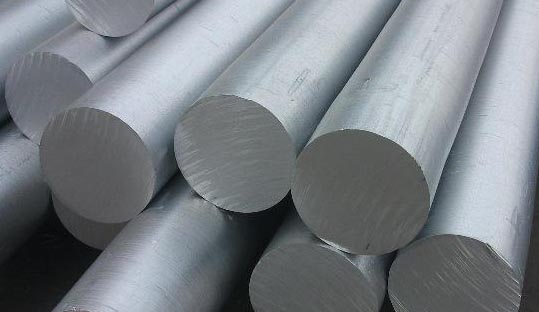Soon after taking up his position, Davy began to bang out new elements one after another—potassium, sodium,magnesium, calcium, strontium, and aluminum or aluminium, depending on which branch of English you favor.

He discovered so many elements not so much because he was serially astute as because he developed an ingenious technique of applying electricity to a molten substance—electrolysis, as it is known. Altogether he discovered a dozen elements, a fifth of the known total of his day. Davy might have done far more, but unfortunately as a young man he developed an abiding attachment to the buoyant pleasures of nitrous oxide. He grew so attached to the gas that he drew on it (literally) three or four times a day. Eventually, in 1829, it is thought to have killed him.











